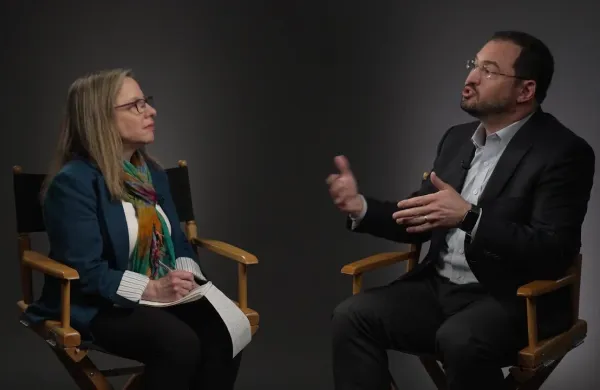When private equity firms need money to buy new companies or fund activities of portfolio companies, they often have to turn to rivals for financing. KKR, Blackstone and Apollo Global Management are all major buyout shops with fast-growing credit divisions. GSO Capital Partners, for instance, is one of Blackstone’s fastest-growing units and seeks to fill a lending void left by banks forced to retreat from riskier transactions.
But there’s also room for more traditional managers in the private debt world. Neuberger Berman, the privately held asset management firm based in New York, has a different model from that of the buyout shops. The firm believes it will get a significant competitive edge by lending money to private equity portfolio companies without also competing with their fund sponsors (see also “Neuberger Berman Rises From the Ashes”).
Neuberger’s move into private debt is part of CEO George Walker IV’s strategy over the past few years to expand the firm’s presence in alternative investments. Neuberger, bought by Lehman Brothers Holdings in 2003, got swept up in the firm’s bankruptcy in September 2008. With his senior team, Walker, who ran Lehman’s global investment management business at the time, led the successful spin-off of the group, which closed in May 2009.
Last March Neuberger hired Susan Kasser as head of private debt in the firm’s $18 billion alternatives division. Kasser had been a founding member of Carlyle Mezzanine Partners, a unit of the Carlyle Group. Kasser says a number of firms began to offer private debt as it grew increasingly popular with investors seeking higher yields at a time of historically low interest rates. But Neuberger was a good alternative for what she envisioned because most competitors operate within an affiliate of a buyout fund. In contrast, Neuberger is mostly active in private equity funds of funds, including primary and secondary investments, as well as equity co-investments. Kasser gets the benefit of tapping into the firm’s expertise and network but without her clients having to deal with competition issues. “Neuberger is a potential limited partner in these private equity funds and can then lend to those same businesses,” she says. “That is a friendly advantage and a great entrée into that market.”
Kasser also emphasized that she joined Neuberger because it has a smart approach to growth and launching new products, as well as sufficient scale and in-depth research to support the lending effort. Products are developed at the behest of clients. “For someone coming in to build a business, that’s reassuring,” she says. “It’s not, ‘I’ve cooked up this idea, and let’s hire somebody and see if we can sell it.’ That’s terrifying.”
Whereas investors are increasingly interested in private debt, the current market is not perfect for dealmaking. Kasser says she’s cautious about deploying capital right now with funding still plentiful and cheap and lenders relaxing their standards. “Our investors have to know that we have discipline — and not only the portfolio managers, but the firm itself.” Patience is key. “You have to be willing to let things go,” she adds, “and you can’t second-guess why a competitor got this or that deal.”







